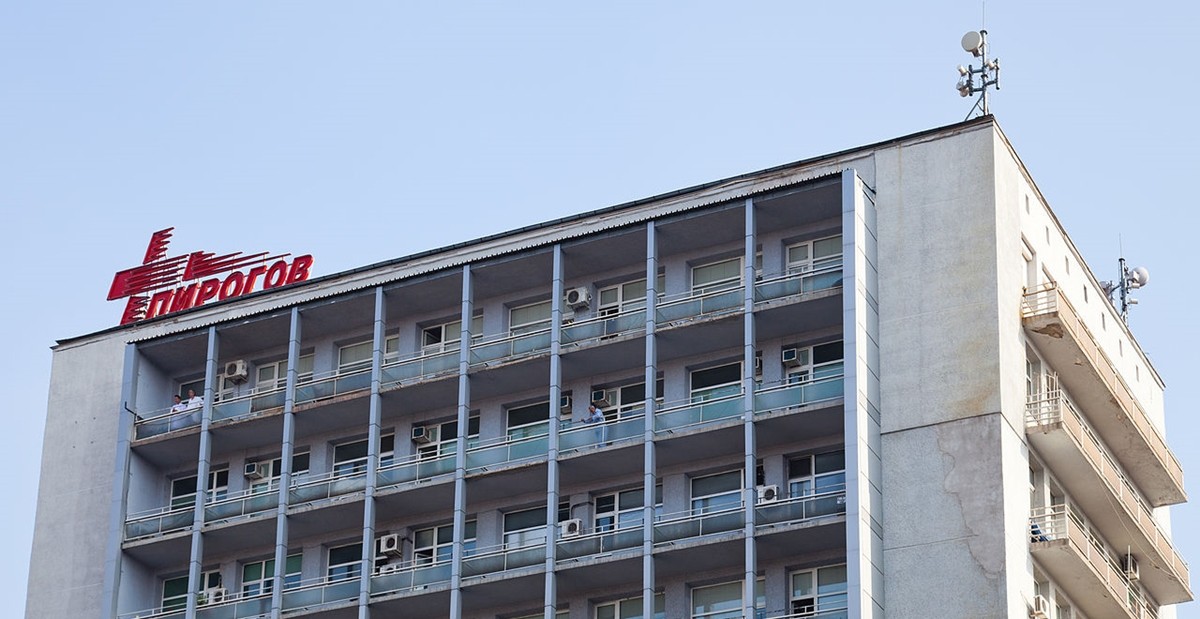Tensions have flared in Bulgarian politics as the leading party GERB declared a partial boycott of cabinet meetings, signaling growing discontent following the controversial removal of Dr. Valentin Dimitrov, the director of the renowned “Pirogov” Hospital.
The announcement came from Desislava Atanasova, chairwoman of GERB’s parliamentary group, who emphasized their willingness to only engage in discussions concerning changes to the Constitution, expressing mistrust in the decision-making process within the executive branch. The catalyst for this political standoff was the dismissal of Dr. Dimitrov by the coalition partner “We Continue the Change – Democratic Bulgaria” (WCC-DB). Atanasova condemned the replacement as an “unacceptable abuse of trust,” highlighting a conversation with Prime Minister Nikolai Denkov, where assurances were made that Dimitrov’s removal lacked substantiated evidence from the hospital’s report.
In the midst of this controversy, Atanasova underscored the influential role held by Health Minister Hristo Hinkov in key governmental decisions, emphasizing GERB’s discontentment with the purported collaborative approach to leadership, which they believe is being compromised.
The fallout from this disagreement has resulted in a delay in signing an agreement on the governing structure, depicting a growing discordance between GERB and their coalition partners. The party insists on a unified decision-making mechanism where both entities participate equally, suspecting deliberate provocations by their counterparts.
This latest episode is reminiscent of past conflicts between GERB and other ruling coalitions. Previously, disputes emerged over participation in parliamentary sessions and discrepancies regarding regulations on oil imports from “Lukoil Neftohim,” reflecting recurring friction in Bulgaria’s political landscape. Meanwhile, conflicting reports have surfaced regarding Dr. Dimitrov’s dismissal. Initially confirmed by the Ministry of Health, the hospital later contradicted the announcement, stating they had not received any official dismissal documentation.
Dr. Dimitrov, in a report submitted to the health commission, alleged pressure tactics by ministry officials, claiming they led to his anticipated removal. Amidst this whirlwind of conflicting narratives, questions linger about potential political motives influencing administrative changes within vital institutions, adding layers of complexity to an already charged political scenario.

